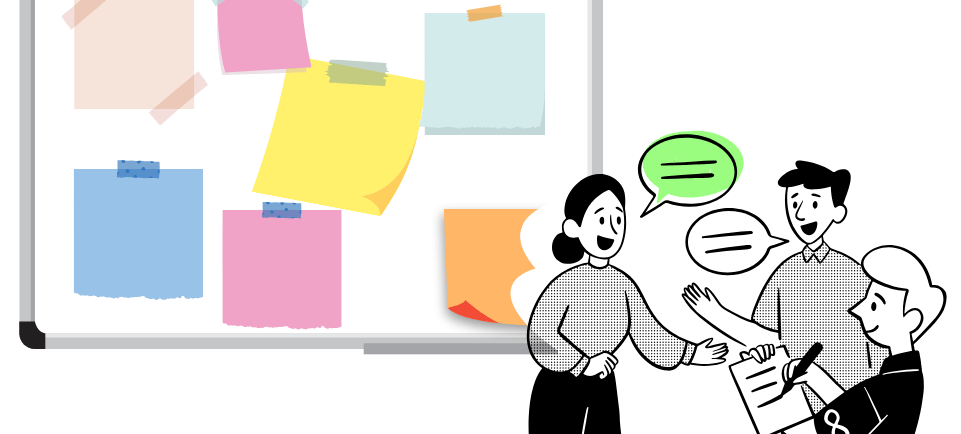Why Co‑Creation Works: Designing Better EdTech With—and Not Just For—Educators
Understand Nyskol Labs' approach to authentic academic co‑creation. Learn why faculty participation is essential in creating scalable, effective, and ethical educational tools.
OUR PHILOSOPHY
Nyskol Labs
8/6/20252 min read


Why Top‑Down EdTech Adoption Often Misses the Mark
In higher education, new technologies often launch with fanfare—but end quietly in unused modules, frustrated faculty, and wasted grants. Top-down rollouts miss one critical fact: educators aren’t passive users—they’re knowledge partners. Without genuine faculty engagement, even the most advanced tools fall flat.
At Nyskol Labs, we believe better technology starts with co-creation—not just feedback forms or late-stage testing, but early, authentic collaboration with educators.
What Co‑Creation Really Looks Like
True co-creation goes beyond surveys and focus groups. It involves educators as partners in problem definition, design, testing, and iteration. Faculty bring context: learning objectives, classroom dynamics, assessment constraints, and institutional culture.
Our process includes:
Joint discovery workshops to frame pedagogical challenges
Collaborative design sprints with educators and adjacent stakeholders
Iterative prototype testing with real faculty and students
Feedback loops integrated into each next version
When educators shape the tool, adoption grows. The solutions scale because they fit the real world.
Lessons from Our TU Delft Aerospace Collaboration
One of our most meaningful partnerships is ongoing with TU Delft in the Netherlands. Together, we're co-designing the core master track powered by a set of simulations focused on decision‑based learning in aerospace materials, structure, manufacturing, project management, and more.
Faculty contributions shaped critical elements:
Learning objectives aligned with real-world aerospace workflow
Decision nodes mirroring TU Delft case studies
Reflection prompts curated for academic grading and accreditation
Adaptive branching built as optional paths based on instructor preference
The result? The first pilot cohort will be delivered shortly, ensuring strong student engagement, reduced faculty burden, and a satisfied partner that receives high-quality modules designed not only for their exact current requirements, but also accommodating for their growing needs and wants.
One TU Delft participant captured the experience perfectly: “This is Compliance driven by Curiosity. I'm really excited by the possibilities.”
This partnership is built on trust, lasting impact, and a foundation of shared authorship—not one-off customization.
Building Long‑Term Trust Through Shared Ownership
Co‑creation at Nyskol isn’t a project—it’s a relationship model. We invite educators across institutions to join our Faculty Development Circle, where faculty can:
Co-author future simulation content
Access early versions and contribute design insights
Learn and share best practices across disciplines and programs
Build with us on pedagogy, not just features
This shared ownership creates tools that are ethical, effective, and sensitive to academic norms. And it creates scalable platforms that live beyond terms of any one champion.
Ready to Build With Educators—Not Just Serve Them?
If you're an academic leader, curriculum designer, or faculty innovator who wants to help shape tools that truly reflect teaching realities—we’d love to work with you.
📌 Join our Co-creation and Development Circle
Co-create the next generation of scalable, pedagogically sound, simulation tools—with agency, authorship, and academic excellence built in.


